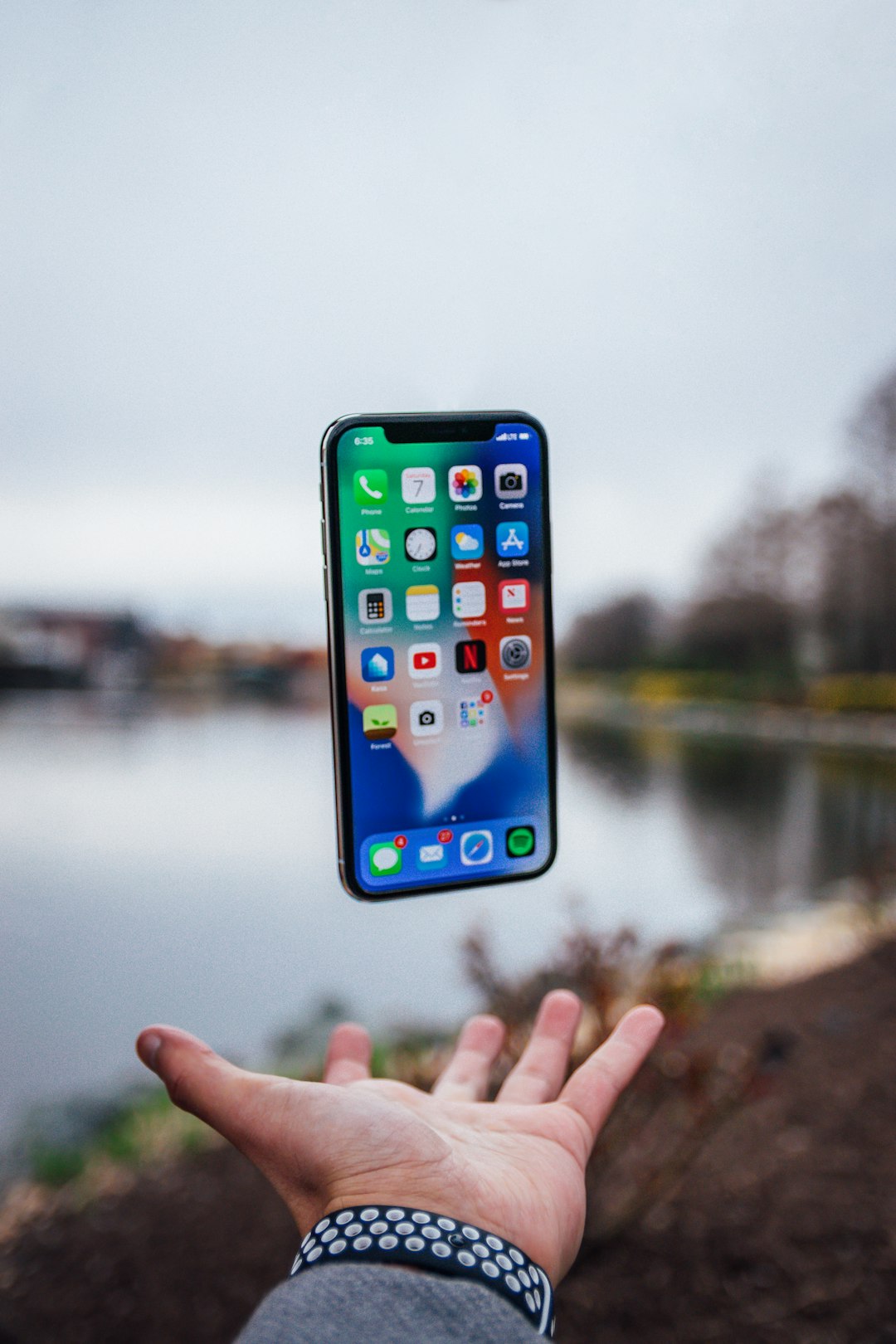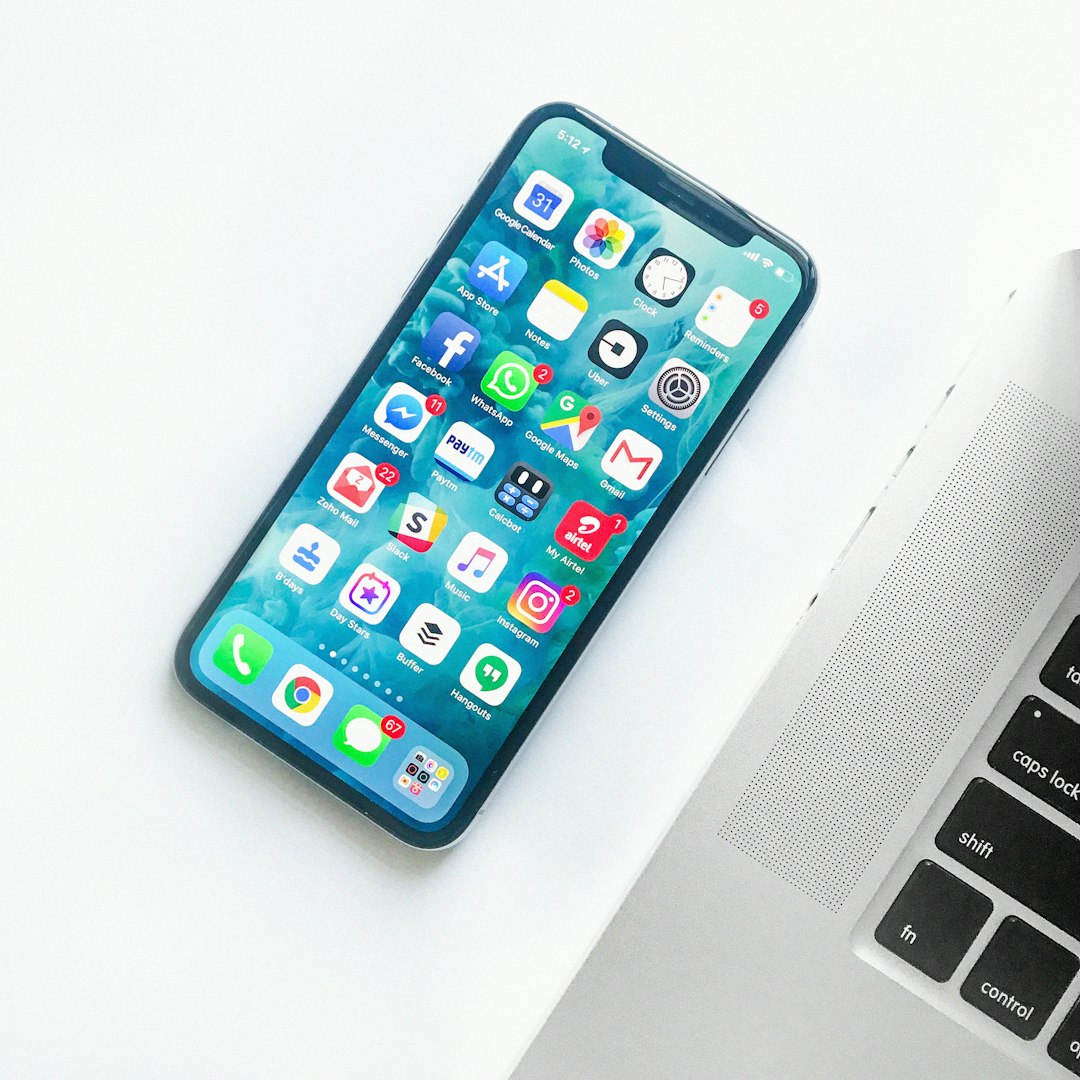In South Dakota, autodialers have transformed marketing and patient outreach in healthcare, but navigating regulations like TCPA is crucial. Specialized autodialer lawyers ensure compliance, guide implementations, and protect consumer rights, enhancing patient satisfaction. These legal professionals are vital for healthcare providers adopting digital communication tools, ensuring effective and ethical practices while fostering accessible, timely care within South Dakota's regulatory framework.
“The Impact of Autodialers on South Dakota’s Health Services” explores the transformative potential of autodialer technology in enhancing healthcare accessibility. This comprehensive guide delves into the world of autodialers, examining their role in facilitating efficient communication within South Dakota’s health services sector. From understanding the technology to navigating legal considerations and exploring real-world case studies, this article is essential reading for both autodialer lawyers in South Dakota and those seeking to optimize healthcare delivery through innovative solutions.”
Understanding Autodialers: A Comprehensive Overview for South Dakota
In South Dakota, an autodialer refers to a technology that automatically dials phone numbers for marketing or customer service purposes. This innovative tool has significantly transformed communication strategies for businesses across various sectors, including healthcare providers. Understanding the functionality and legal implications of autodialers is crucial for health services in South Dakota looking to leverage this technology effectively while adhering to relevant regulations.
For health services providers, an autodialer lawyer or attorney in South Dakota can offer invaluable guidance on navigating the legal landscape surrounding automated phone calls. These professionals help ensure compliance with laws like the Telephone Consumer Protection Act (TCPA), which regulates telemarketing practices and protects consumers from unwanted calls. By consulting with an autodialer law firm or lawyers specializing in this area, healthcare organizations can implement autodialer systems ethically and avoid potential legal pitfalls, thereby enhancing patient satisfaction while maintaining regulatory adherence.
The Role of Technology: How Autodialers Enhance Health Services Access
In today’s digital era, technology plays a pivotal role in enhancing healthcare accessibility, and autodialers are at the forefront of this revolution in South Dakota. An autodialer lawyer or attorney in this state can leverage advanced communication tools to connect with vast populations, ensuring that critical health information reaches every corner of the community. By automating phone calls, these legal professionals enable efficient patient outreach, which is particularly beneficial for remote areas where access to healthcare services may be limited.
The use of autodialers allows for quick and widespread dissemination of essential health updates, appointment reminders, and public health announcements. This technology not only improves patient engagement but also facilitates the work of healthcare providers by streamlining administrative tasks. With the support of an autodialer law firm or lawyers specializing in this field, South Dakota can ensure that its healthcare services are accessible, timely, and effective, catering to the diverse needs of its residents.
Legal Considerations: Navigating the Regulatory Landscape in South Dakota
Navigating the regulatory landscape surrounding autodialers in South Dakota requires a keen understanding of state laws and regulations. As an autodialer lawyer or attorney based in South Dakota, it’s crucial to stay updated on the legal framework that governs automated communication tools. The state’s consumer protection laws play a significant role in ensuring fair practices when using autodialers for marketing or health services outreach. Compliance with these laws is essential to avoid legal repercussions and maintain public trust.
For healthcare providers and organizations utilizing autodialers, seeking guidance from an experienced autodialer attorney in South Dakota is advisable. These legal professionals can offer insights into navigating the complex web of regulations, ensuring compliance, and protecting the rights of both businesses and consumers. With the right support, entities can leverage the benefits of autodial technology while adhering to the state’s legal requirements.
Case Studies: Success Stories and Challenges in Implementing Autodialer Systems
Implementing autodialer systems in South Dakota’s health services has yielded both remarkable success stories and unique challenges. Case studies from various healthcare providers across the state highlight significant improvements in patient outreach and appointment scheduling. For instance, a small rural clinic experienced a 25% increase in patient attendance after adopting an autodialer law firm’s automated calling service. The system efficiently sends personalized text and voice messages, reducing no-shows and improving resource utilization.
However, challenges have also emerged, particularly regarding compliance with state regulations and patient privacy concerns. Some health services struggled with selecting the right autodialer attorney or law firm to ensure adherence to South Dakota’s specific laws, such as those governing patient consent and data protection. Despite these hurdles, many organizations persist in their pursuit of innovative solutions, recognizing the potential for enhanced service delivery and better healthcare outcomes through effective autodialer usage.
The Future of Healthcare Communication: Exploring Autodialer's Long-Term Impact
The future of healthcare communication is rapidly evolving, and autodialers are at the forefront of this transformation in South Dakota. These automated dialing systems have already made significant strides in enhancing patient engagement, appointment reminders, and health education dissemination. As technology advances, the long-term impact of autodialers on healthcare delivery could be profound. With the right implementation, they can foster more efficient and accessible care, potentially reducing wait times and improving response rates for critical health services.
Autodialer lawyers, attorneys, and law firms in South Dakota play a crucial role in navigating this landscape. They ensure that the use of autodialers complies with state regulations and privacy laws, such as the Telephone Consumer Protection Act (TCPA). As more patients and healthcare providers adopt digital communication, the expertise of these legal professionals will be essential to protect consumer rights and maintain ethical practices in the realm of healthcare automation.






